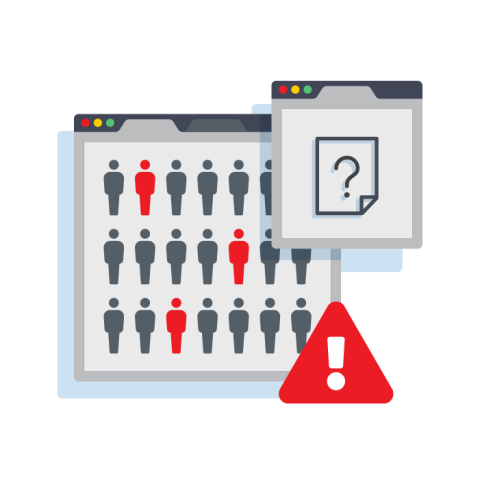
2023 Watch List of the Top 10 Precision Medicine Technologies and Issues gives decision-makers a clear signal about 5 precision medicine technologies that are likely to influence the shape of health care over the next 5 years and 5 issues that will affect their ongoing development and adoption.



1. Digital Tools to Access Genetic Information and Navigate Care
Remote care refers to the delivery of care at a location and time that is convenient for all members within the circle of care.Digital tools such as patient portals and other applications give clinicians, patients, and families direct access to individualized health information.

2. Liquid Biopsy for Informing Cancer Treatments
Liquid biopsy is an emerging technology that detects genomic information in bodily fluids and could alter traditional pathways of care for cancer.



3. "Omics-Based” Sequencing Technologies Across Pathways of Care
Whole genome (the entire DNA code of an individual), exome (the DNA code of all protein coding regions), and transcriptome (global gene expression as measured by RNA) sequencing are precision medicine technologies that are referred to as “omics-based” technologies because they characterize the complete or comprehensive set of molecular information of individuals’ cells and tissues.

4. Pharmacogenomics Tests for Mental Health Conditions
Pharmacogenomics testing characterizes genes that may influence how drug therapies are processed by an individual.



5. Population-Based Genetic Screening Interventions
Screening aims to detect the early signs of specific health condition or assess the likelihood of having specific health conditions among people who are otherwise asymptomatic.

6. Disparities in the Implementation of Precision Medicine Technologies
In many health systems, there are disparities in who can access and use existing precision medicine technologies.



7. Increased Demands on Health System Capacity and Infrastructure From the Use of Precision Medicine
The emergence of precision medicine will put increased demands on the health care system, including physical resources, staff, and infrastructure.

8. Evolving Roles and Scopes of Practice for Health Care Professionals
The mainstreaming of precision medicine and genetic testing across health conditions and health systems may lead to evolving roles and scopes of practice for many health care professionals.



9. Complexity in Interpreting Test Results
The increase in availability of precision medicine tests across the pathway of care raises challenges for health care professionals when ordering tests and interpreting their results.

10. Challenges in Regulating and Evaluating Precision Medicine Technologies
Precision medicine technologies will likely create challenges for existing regulatory pathways and health technology assessment (HTA) processes and methods.



